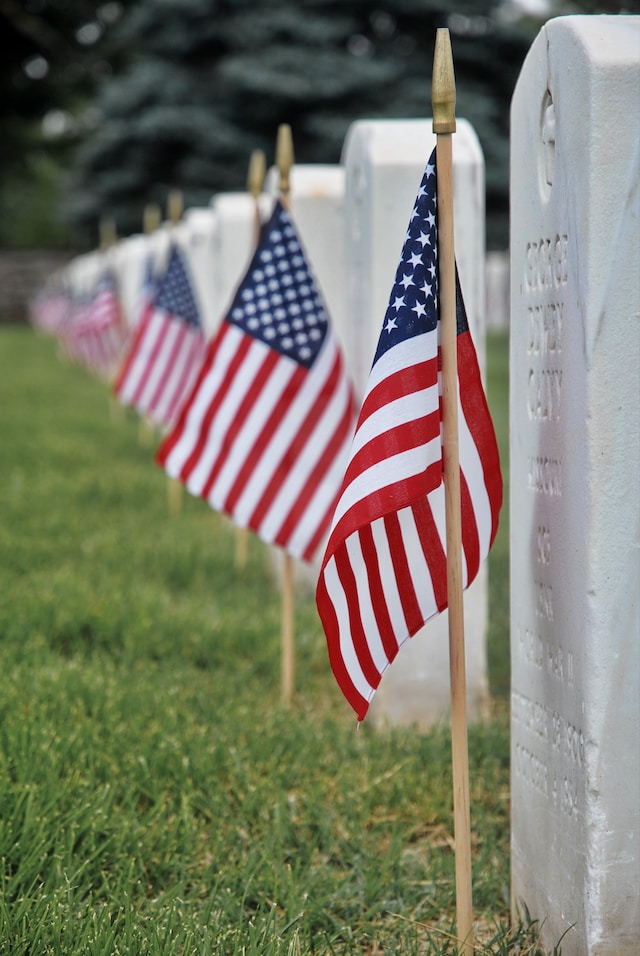Memorial Day, a sacred day of remembrance in the United States, holds a deep significance as a time to honor and commemorate the brave men and women who made the ultimate sacrifice while serving their country. This solemn occasion allows us to reflect on their selflessness, express gratitude for their service, and preserve their enduring legacy.
Memorial Day, observed on the last Monday in May, traces its roots back to the aftermath of the American Civil War. In the wake of the conflict, devastated communities sought solace and healing by organizing tributes to fallen soldiers. These grassroots initiatives eventually led to the establishment of a national holiday dedicated to honoring those who gave their lives in service to the nation.
One of the central aspects of Memorial Day is the act of paying tribute to the fallen heroes. Across the country, cemeteries, memorials, and military sites become gathering places for communities to come together in solemn remembrance. American flags are reverently placed on the graves of servicemen and women, symbolizing the nation’s gratitude and unwavering commitment to never forget their sacrifice.
The commemorative events held on Memorial Day provide an opportunity to acknowledge the profound impact that military service has on the families left behind. The Gold Star families, who have lost loved ones in the line of duty, bear the burden of that sacrifice every day. On this day, the nation joins them in honoring and supporting them, recognizing their resilience and unwavering strength.
Beyond the formal ceremonies, Memorial Day serves as a reminder to pause and reflect on the ideals and values that our fallen heroes fought to preserve. It is a time to contemplate the freedoms we enjoy, the rights we exercise, and the sacrifices that have made them possible. It prompts us to consider the responsibility we have as citizens to uphold and protect the principles for which they fought.
In recent years, Memorial Day has also become an occasion to explore the personal stories and experiences of the fallen heroes. Families, friends, and communities share anecdotes and photographs, ensuring that the memories of these brave individuals live on. Through storytelling, we not only preserve their legacies but also inspire future generations with their courage and devotion to duty.
Technology has played a significant role in transforming how we remember and honor the fallen on Memorial Day. Online platforms and social media allow individuals to share tributes, stories, and photographs, creating digital memorials that transcend time and distance. These digital spaces provide opportunities for connection, solidarity, and collective remembrance, ensuring that the sacrifices of our heroes are remembered by people far and wide.
While Memorial Day is a day of reflection and gratitude, it is important to recognize that honoring our heroes is not limited to a single day. It should extend throughout the year, as we actively support and uplift our veterans, active-duty personnel, and their families. This can be done through volunteering, advocating for improved healthcare and mental health resources, and supporting organizations that assist military families.
As Memorial Day approaches, let us remember that it is more than just a holiday or an excuse for a long weekend. It is a day to honor and remember the brave men and women who laid down their lives for our freedom. It is an occasion to express our gratitude, reflect on their sacrifice, and ensure that their legacy endures in our hearts and in the fabric of our nation.




